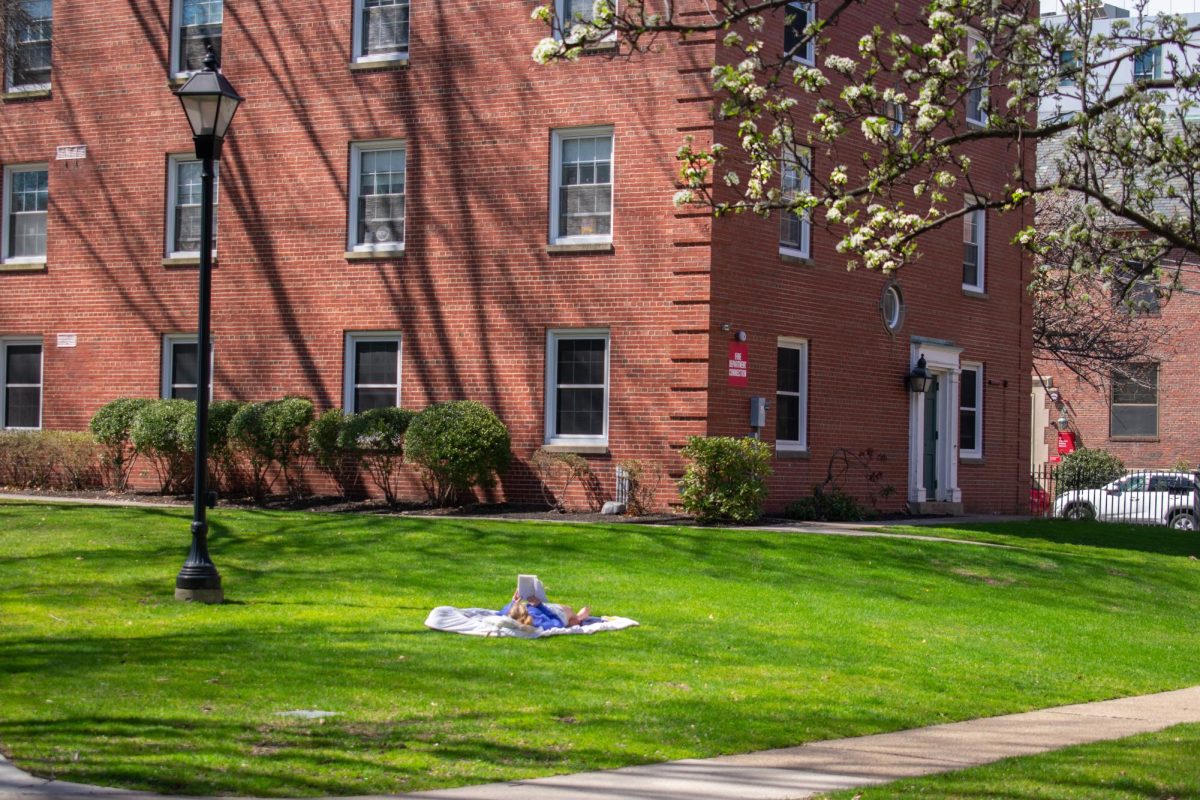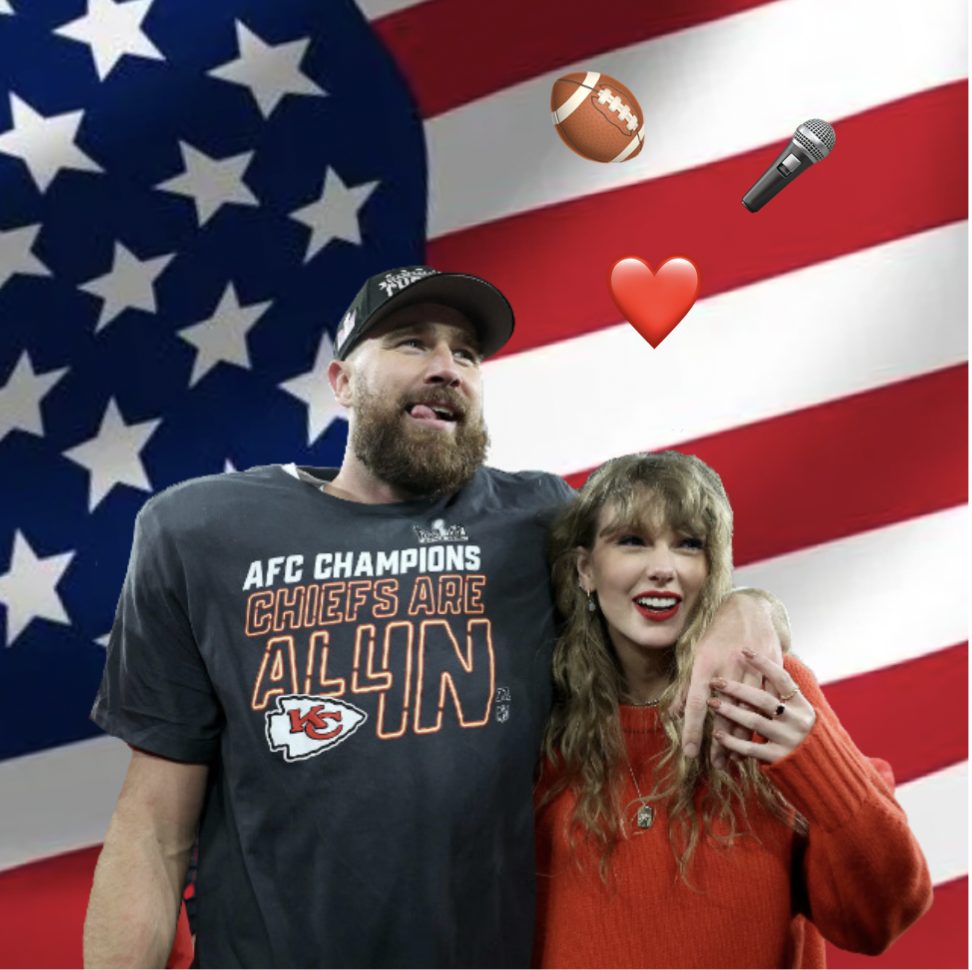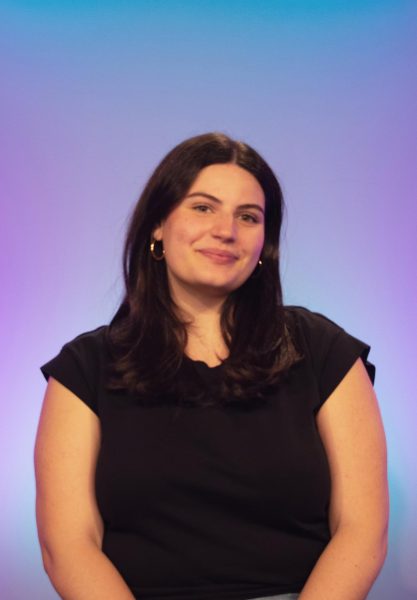When I got to Simmons, I was both really excited and really anxious. The transition to college in your first year is arguably one of the biggest transitions of anyone’s life. You are placed in a completely new environment, most likely not knowing anyone and have to form new friendships, basically starting from scratch socially.
Transitioning to college as an autistic student is that much harder. Autistic people often take a longer time to process big life changes. When traveling, it takes me about two days to fully get used to the place I’m visiting; the culture shock, the new vibe of an unfamiliar place.
On top of this, I had new classes, new people to meet and was living alone for the first time. Before the big move, I had spent the last week packing almost everything I own, getting rid of what I no longer needed and buying essentials for living in a dorm. By move-in day, I was overwhelmed and ready to settle in. I had no idea what the first week had in store for me or how it would overstimulate me even more.
When I finished unpacking, orientation commenced, bringing on all the full-day activities, hordes of new people and loads of information to be taken in. I, like every other first-year student, was thrown right into the mix.
As an autistic person, I need time to take in my environment before starting full-on activities. Too many new things at once can cause me anxiety. Simmons Orientation did not give me the time I needed to adjust.
The events took place over three full days with only a half-hour break per day. Half the time was spent learning important information which was helpful, but I wish it had been chunked up a little bit better. Autistic people deal with information overload faster than neurotypical people do, as we process 42% more information at any given moment.
The other half of orientation was spent socializing. I am a very social person, but orientation provided more time in social situations than I could handle. I thrive on structure in social situations, but orientation lacked that.
I was placed with people willy-nilly, meeting so many people that I couldn’t keep up. Socialization normally makes me anxious since I struggle with social cues, having to focus super hard on reading any situation to not mess up. The amount that we were expected to participate in was nearly impossible for me. I cried multiple times due to having nothing left to give.
Things did not slow down after orientation. My busiest day of the week lined up with my first day of classes. I had to keep up with work piling up and barely had a system in place to keep track of all the required readings and assignments. I love all my classes so far, but everything has moved so quickly.
It did not feel like a “slow roll” into college. It was a whirlwind. I am a slow processor, and the first week of college was not made for people like me. I had almost no time to just “be”, to process the massive transition I was going through.
Simmons has many neurodivergent students who want to be there, but orientation and the quick transition to classes are truly not accessible for so many. I hope that in the future, Simmons structures the first week to be more neurodivergent-friendly.
Since the first week I am settling in a little more, and have gotten amazing support from counseling, the REEF Center and the Office of Residence Life. I am still adjusting, but that is normal for any college student. I am genuinely grateful for all of the support networks Simmons has for students. I do not think I would have gotten this far without them.
I want anyone in my position to know that you are not alone if you are struggling with your transition to college. My best piece of advice would be to ask for the help you need. There are people here who want to help you through this, and they will support you every step of the way.











Finn • Oct 13, 2024 at 8:49 pm
I completely agree! As a physically disabled student as well, the back-to-back activities in various locations was overwhelming and I ended up missing whole days. I understand why there would be such emphasis on making connections in the first few days on campus, but I think for many freshmen it would be more beneficial to spread out the events over the first few weeks.